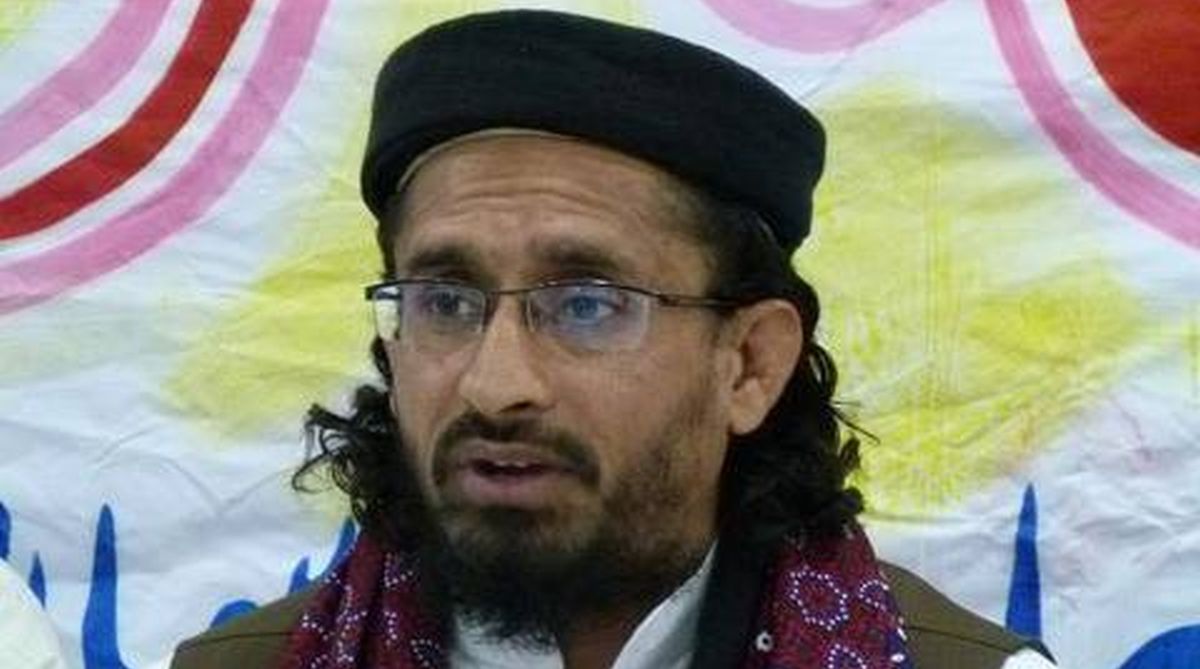The inbuilt contradiction in Pakistan’s periodically touted offensive against terrorism has been reaffirmed with Tuesday’s decision to allow a certain Aurangzeb Farooqi, the leader of a political party that is banned in the country for advocating sectarian violence, to contest in the July 25 national election.
The American charge of the establishment’s double standard towards terrorism is now fairly confirmed. Despite publicly proclaimed campaigns against religious extremism, the permission granted to the likes of Farooqi to contest would suggest that far from being curbed, extremists are being encouraged to take part in election campaigns.
Advertisement
With all impediments to his candidature removed, Farooqi is contesting from Karachi and is said to have a good chance of winning after losing the last election in 2013 by 202 votes. Given the political bankruptcy in the country in the aftermath of Nawaz Sharif’s arrest, the entry of persons with dubious backgrounds into the electoral arena was only to be expected.
An advocate of violence will step in where the veteran politician fears to tread, and the brass at Rawalpindi GHQ might just be enjoying a quiet chuckle. Farooqi and several other contestants of his ilk are on Pakistan’s terrorism watch list, generally known as the Fourth Schedule.
A more stark disconnect between the government’s intent and reality will be difficult to imagine. In a sense, Pakistan’s Election Commission is helping candidates with extremist connections to run for office. In the net, the radical will participate in the renewed tryst with democracy and blurred is the thin line that separates the underground from the ballot box ~ the symbol of democratic praxis.
The Milli Muslim League, the unregistered political front of the terrorist outfit, Jamaat-ud-Dawa, has fielded more than 160 candidates, notably the son and son-in-law of Hafiz Saeed, believed to be the mastermind of the bedlam and butchery in Mumbai on 26 November 2008. A decade later, people with such antecedents are candidates for the National Assembly.
More the reason, therefore, that the Human Rights Commission of Pakistan (HRCP) has been bold enough to question the legitimacy of the 25 July general election in the context of the participation of members of banned outfits and those involved in terrorist attacks to contest the election.
Markedly, Muhammad Ahmed Ludhianvi, the leader of Farooqi’s party, was last month taken off the list of barred candidates. More recently, a new party named Tehreek-e-Labbaik was allowed to run on a platform that is known to have punished those who are accused of blasphemy ~ an issue that has been abused to terrorise the country’s minorities. In a word, the establishment, neither civilian nor military, has qualms about fielding the extremist to become a member of Parliament.









